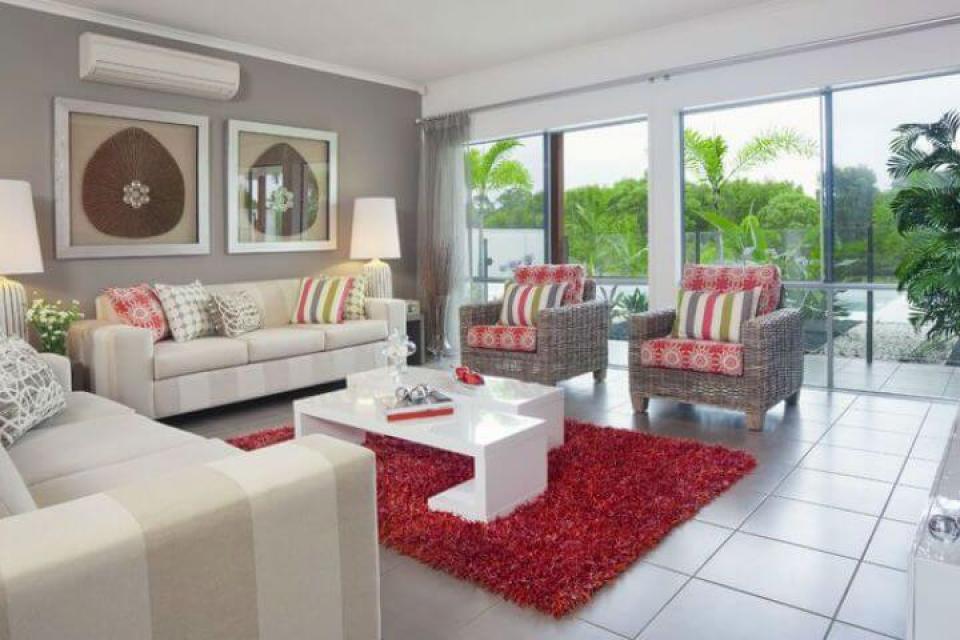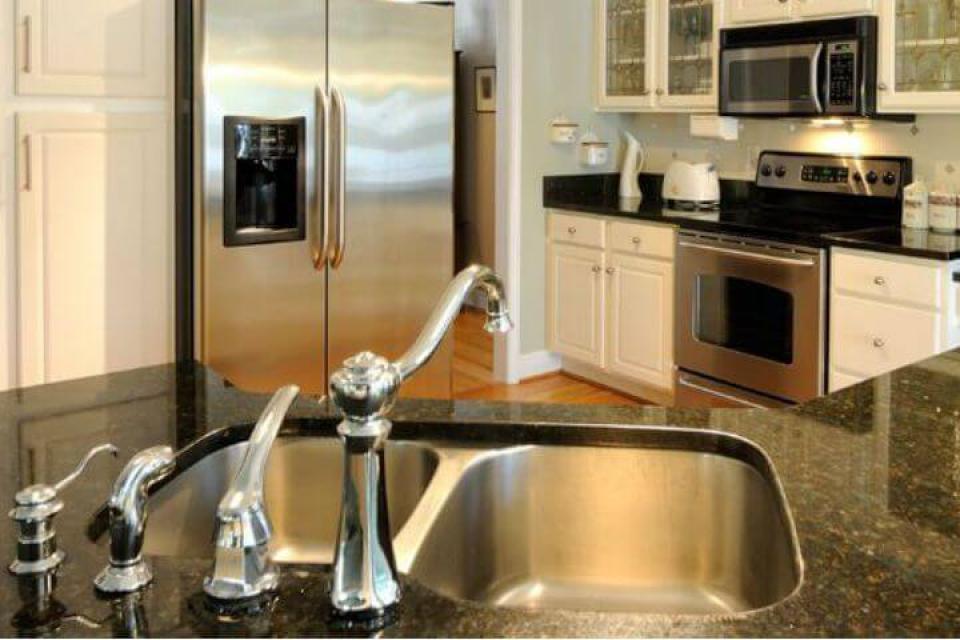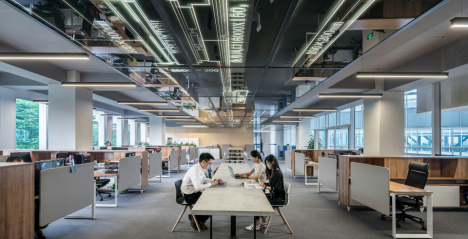MyPropp.com helps property investors understand their real estate portfolio better – to track and monitor what they are actually making and what their portfolio is worth. Tim Parsons Co-Founder, of MyPropp.com designed the tool to be as easy to use as possible, giving the information you need at your fingertips.mypropp.com offers a range of graphs and tables (which can be customised by date) to graphically understand what’s happening with your portfolio. All data held within the platform can be downloaded into spreadsheets for further analysis. This article focuses on what to consider when buying an investment property. read on to get the inside scoop!
Location, Location, Location
Clichéd as it may be, but location is naturally a factor to consider when buying a property. Be realistic about the supply and demand in the area, as it will affect the rent achievable in the area, how long it will take to have a tenant in the property and what kind of tenant the property will attract – what may be right for yourself isn’t always what a tenant wants.
The location will also impact how the property appreciates in value – what are the trends occurring in the area, are they sustainable and is there room for additional capital growth?
Budget
Buying a new property is always an exciting proposition, but ensure that the numbers add up before taking the plunge and making an expensive mistake. In the excitement of expanding a portfolio, it is easy to overlook key metrics including void periods, service charges, agent’s fees, interest rate fluctuations and renovation costs. Whilst it is naturally tempting to throw all your excess money into buying somewhere, ensure that there is a healthy buffer to minimise any potential disruptions or additional costs.
BMV
There are books , websites (e.g. BelowVal.sg) and training courses devoted to the holy grail of “Below Market Value” (or BMV in real estate investment speak) properties, but in essence it is the practice of using tactics to seek out properties that can be purchased significantly below what the market dictates the price should be (usually distressed sales) and as such a bargain can be added to a portfolio.
Renovations?
Will you have to do much work to get the property up to scratch to rent out? Get quotes from a reputable builder ahead of making an offer on any property and before you get the keys and receive a nasty surprise! Take into account that costs may overrun, renovations may take longer than anticipated and whilst the property is being worked on, you will still have to pay the mortgage, but without any rent coming in
An alternative strategy would be to flip a property – made popular by a host of TV programmes such as “Flipping Vegas”, the approach of buying a property, renovating to add value and then selling it for a nice profit is always tempting, but be aware of the pitfalls this entails, and don’t bite off more than you can chew!
Many fancy getting their hands dirty, saving a bit of money and taking on such a project singlehandedly, but ensure there is a realistic timeframe of how long the works will take to complete, how much personal time this will take up, and do you possess the skills compatible with taking on such a project – not just your DIY skills, but also your negotiation, time management, project management and cost forecasting capabilities. We have seen even seasoned property investors and renovators underestimate this type of project, and as a result get badly burnt.
Diversification
To diversify a portfolio or not? Different investors will naturally have varying risk appetites and whilst some prefer to stick to a proven formula, others may want to consider diversifying their portfolio and spreading any potential risk of a downturn across a particular market. There is no right or wrong to diversifying, and it can be achieved through several methods; a change of town, region or even country, property size (4 bed houses vs 2 bed apartments) or investment class (e.g. residential vs commercial vs farmland).
However by diversifying a portfolio, investors will typically lose out on any Economies of Scale…
Economies of Scale
Through adding additional properties to your portfolio, economies of scale should be achievable – for example can you negotiate to get a better deal from your Letting Agent, gardener, painter or other tradesmen? Through having trusted suppliers who you use regularly not only should you be able to get discounts on the regular pricing but also a better and more personal quality of service.
Once you’ve thought about all of the points above and what suits you and your investment strategy, make a list of your key points, ensure they are being adhered to as you are evaluating properties and stick to them!
As always, let us know if we’ve missed any points off here and any comments you may have!
Brought To You By Expat Choice












